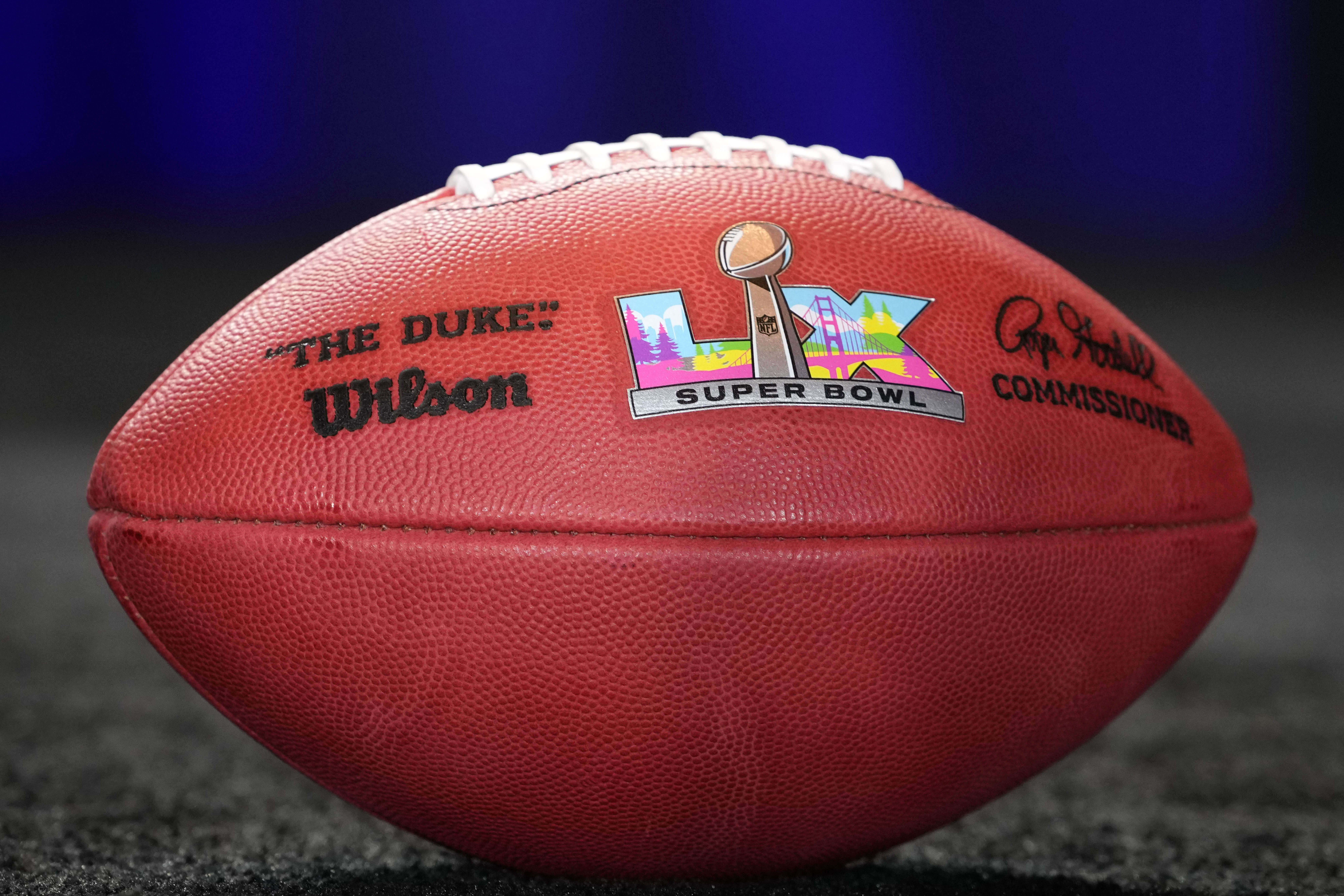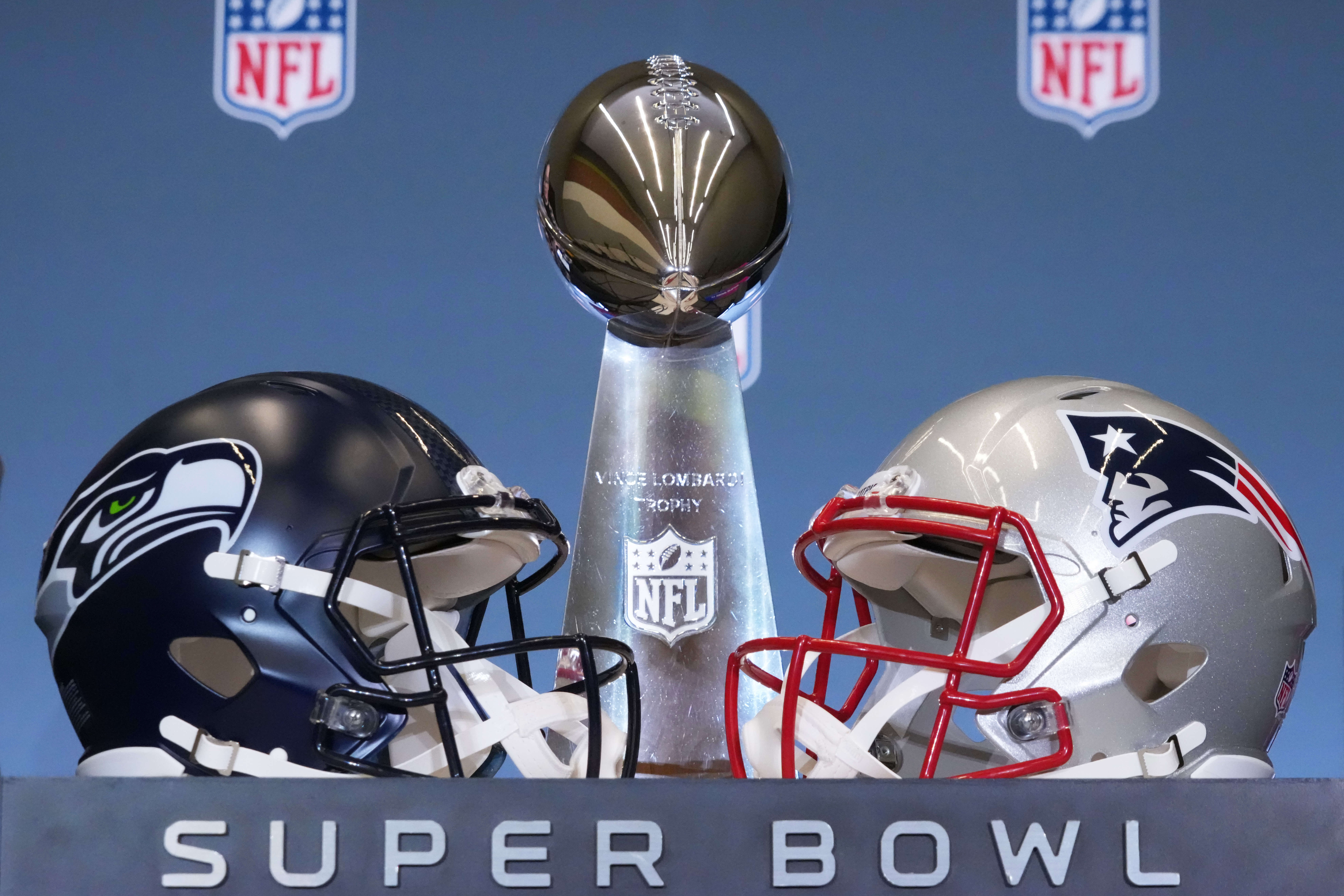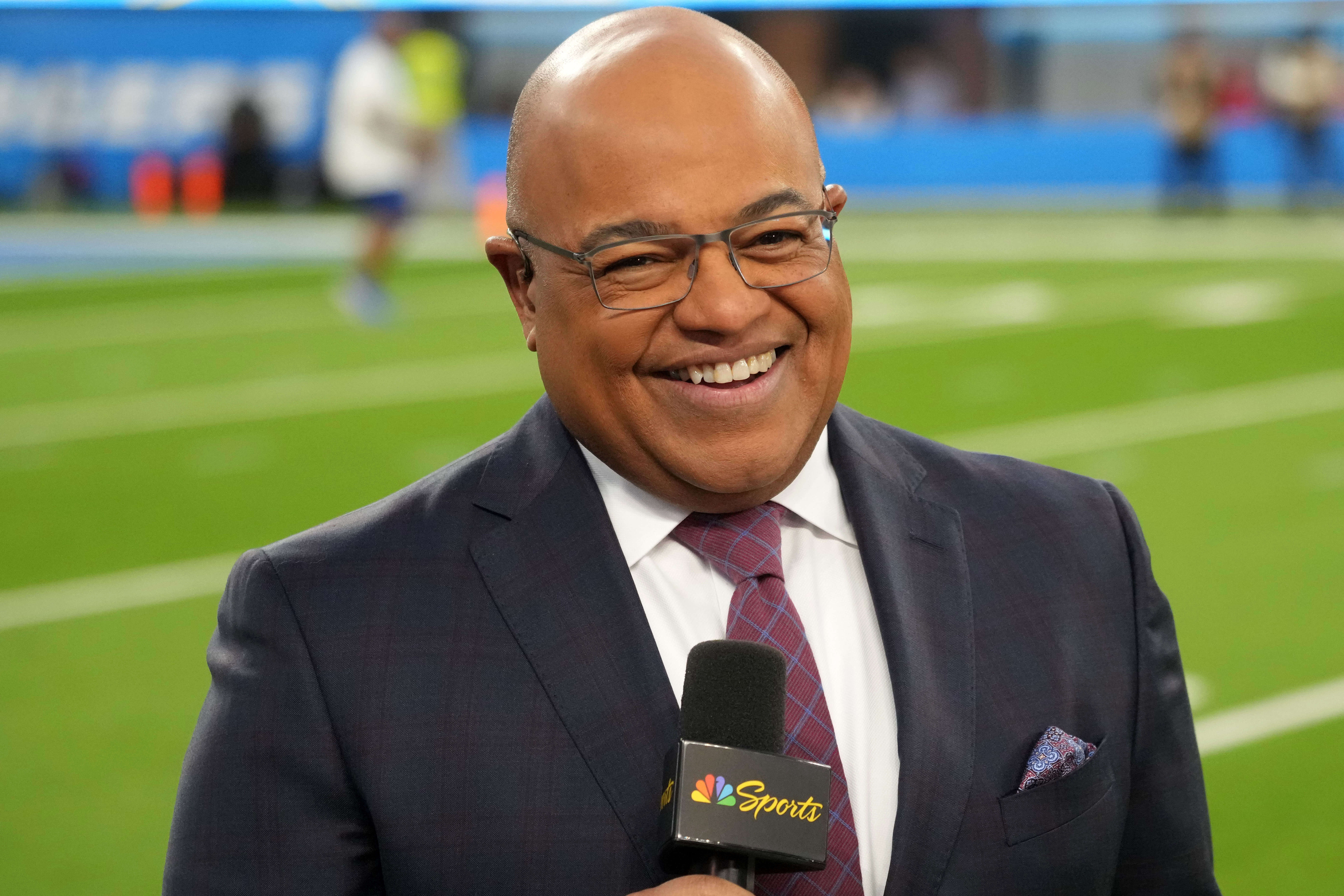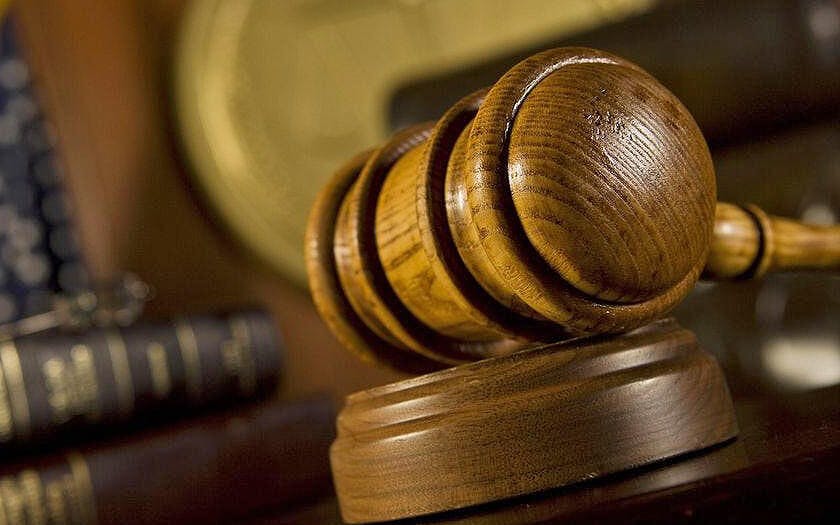 General Sports News
General Sports News

Polymarket Opening Free Grocery Store in New York City

Starting Gun Fired in Alberta’s Customer-Acquisition Race

Popular Player Prop Markets Take Center Stage for Super Bowl LX

The Biggest Super Bowl 60 Bets: A $1.1M Hedge

Circa Bettor Hedges $3.75M Seahawks Futures Payout with $1M Patriots Bet

Super Bowl Announcer Mention Markets Surge in Popularity Ahead of Big Game
 State News
State News

Polymarket Opening Free Grocery Store in New York City

Indiana Advances Sweepstakes Ban Bill to Senate

PointsBet Opens Sports Betting, iGaming Registration in Alberta

AG Warns New Yorkers of Prediction Platforms Ahead of Super Bowl

Judge’s Decision Temporarily Forces Polymarket Out of Nevada










































